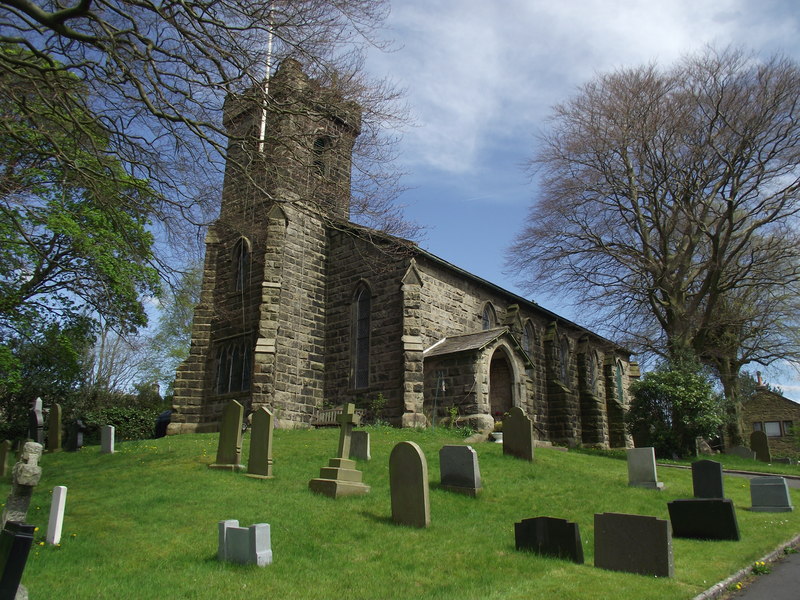
Image © Philip Platt and licensed under Creative Commons Licence
Today’s hymn from Sing Praise, in this Trinity week, is “Father, Lord, we give you adoration” by Peter Nardone. The four verses address in turn the persons of the Trinity in their conventional order (Father, Son and Spirit) and the Holy Three.
God is asked in various ways to help us: the giver of life to “hold us in light, keep clear our sight, give us the vision of your glorious way”; the son by his example to “teach us to pray, help us to stay close to the way”; and the Spirit to “keep us aware, through love and care, [that] you are the way by which we live our lives”.
The common thread here appears to be the reference to “the way”, and indeed the last line of the hymn is “your way will prove to us the life of love”. It was Jesus in fact who called himself “the Way”, but as we believe he is one with the Father and the Spirit, the Way (also an ancient name for the Christian faith) is that of all three, the one God. The use of the term reminds us that the Christian life is supposed to be a journey of exploration and not merely a statement of facts or beliefs.
The tune, composed by the same author as the words, is called “Hurst Green”. A bit of a diversion, but there are two Hurst Greens that I know, one of them in Lancashire and one in Surrey. By coincidence (probably) each of them has a church of St John the Evangelist. A gazetteer lists villages of the same name in four other English counties as well. As it happens I was within ten miles of the Lancashire one today. I wonder if it was that, or one of the others, that lent its name to this melody?
I thought this hymn had a lovely tune, but could have done with a bit more work on the words. Principally in the rhyme-structure: the two short lines finished with rhyming syllables, but apart from that there was no attempt at rhyme. I recall that one of the authors in Psalm Praise once said that if one was going to make a feature of the absence of rhyme one needed to do so resolutely, otherwise the accidental rhymes which occasionally emerged only highlighted the lack of them elsewhere and frustrated the listener’s ear. This is a particular problem at the end of the hymn, where the final word “love” (already much-used throughout the hymn) has already been used as the final word of the antepenultimate line. Another problem is that rhyme can excuse Yoda-speak (i.e. minor distortions of word-order are considered acceptable in hymns if they have the effect of making the rhymes work) but in the absence of rhyme constraints, odd word-orders stand out like sore thumbs. So, for example, line 2 of verse 1 “who, through the gift of life, yourself have given” would be OK if line 5 finished with the word “heaven” – but seeing as line 5 doesn’t finish that way, line 2 seems most odd.
I also thought the content (as opposed to the structure) of the verses needed a bit more thought. Verse 2 principally holds out Jesus as our exemplar in living (“You taught by your example …”) – but don’t we Christians principally revere Jesus because of the benefits of his Passion? In verse 3 the Holy Spirit is asked to keep us aware “through love and care” … but is that through his love and care for us, or is it through our putting into practice the love and care which he enables, or what? In verse 4, what is the third word “and” doing in these lyrics?